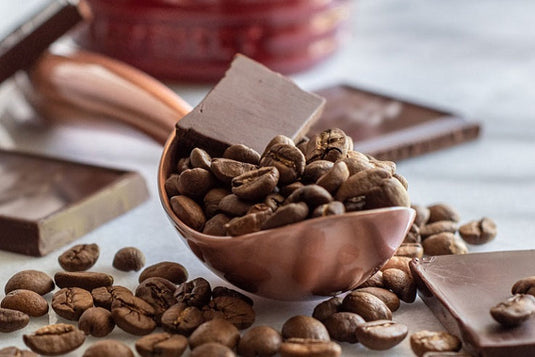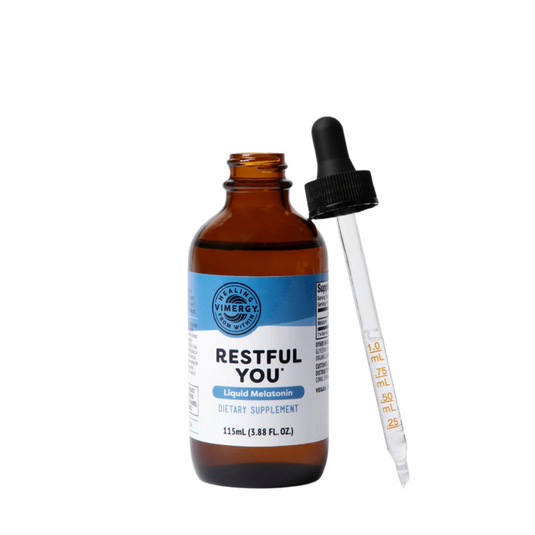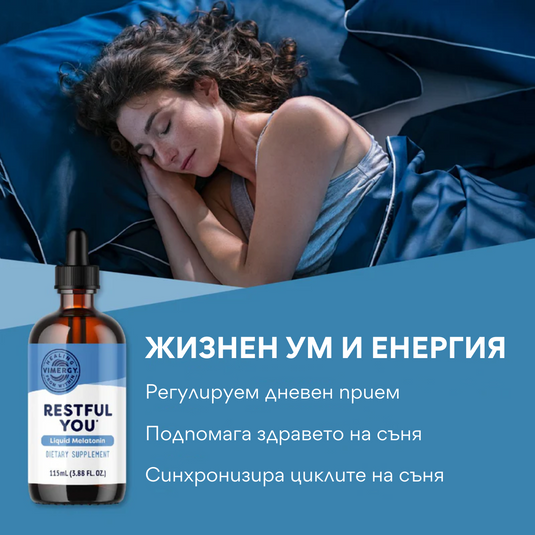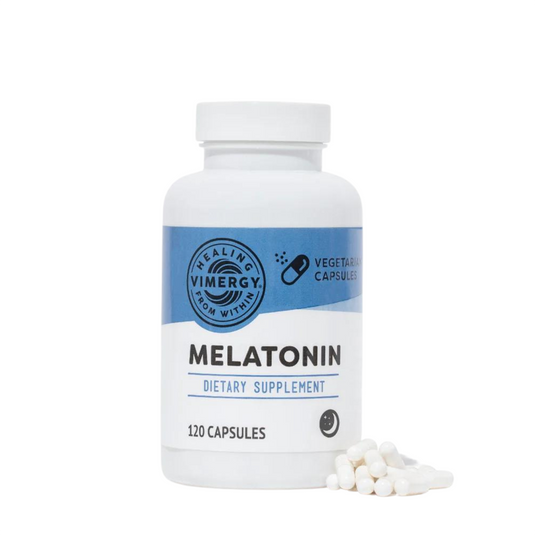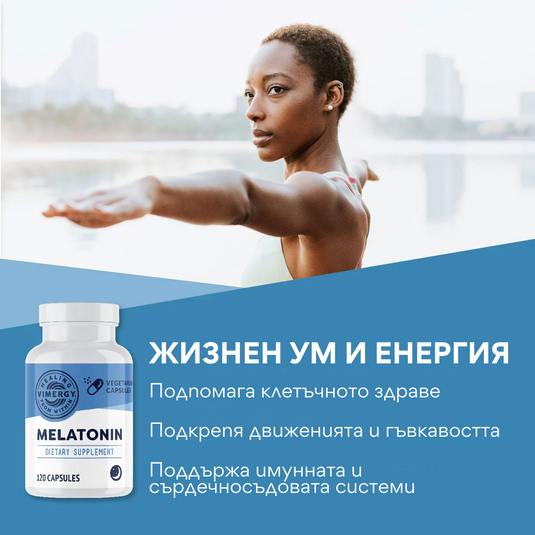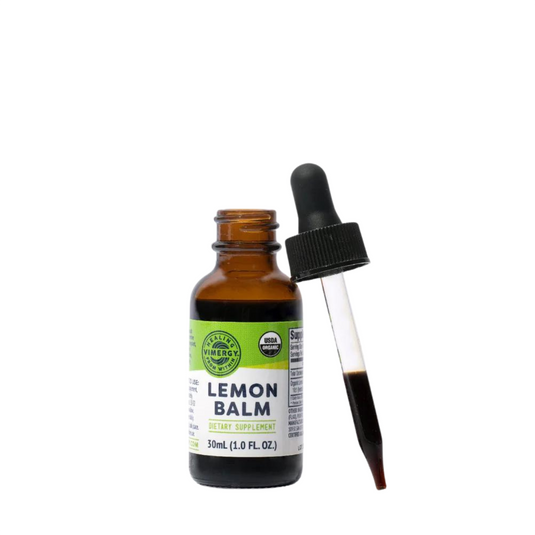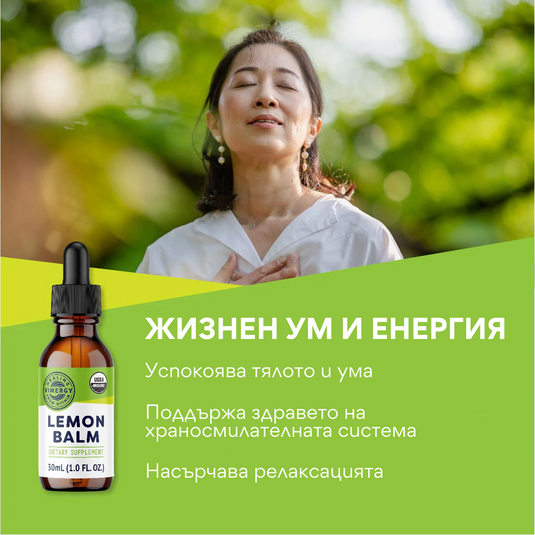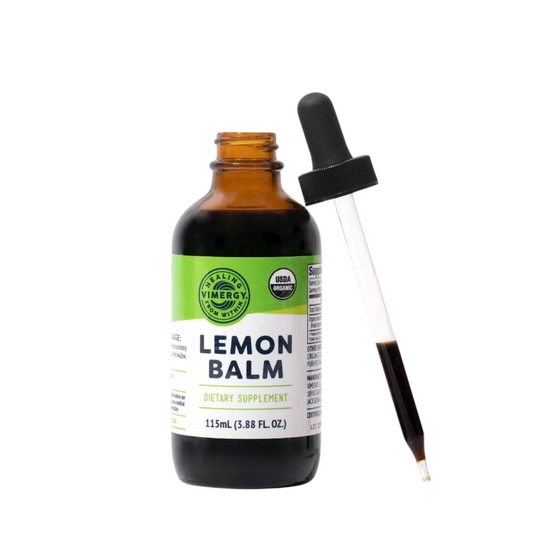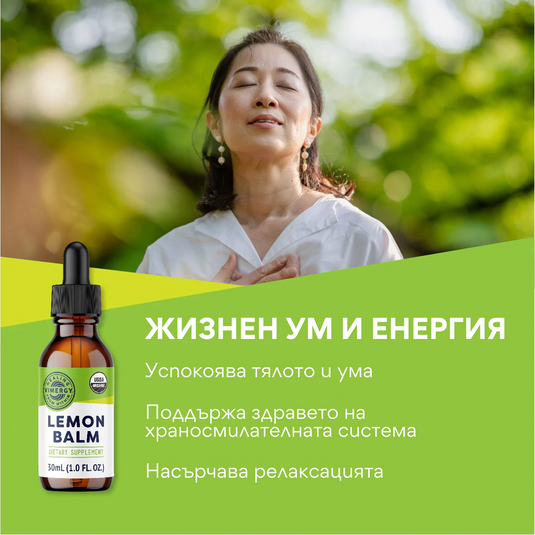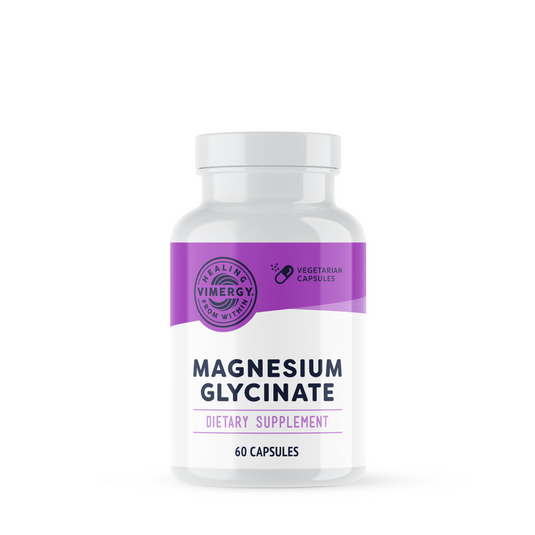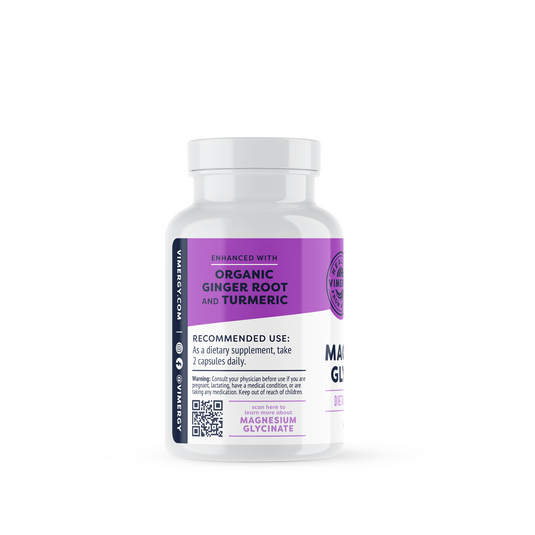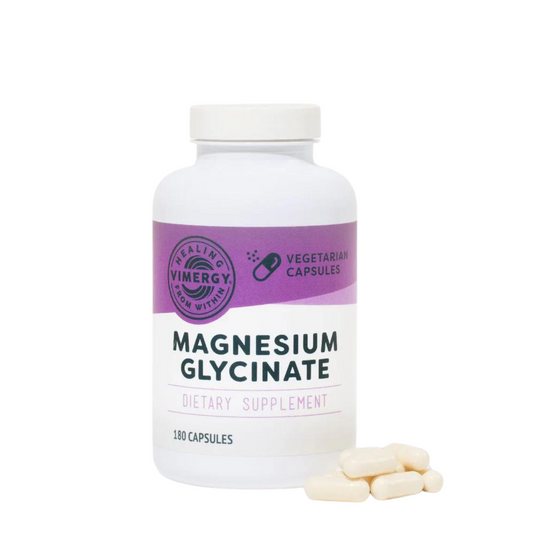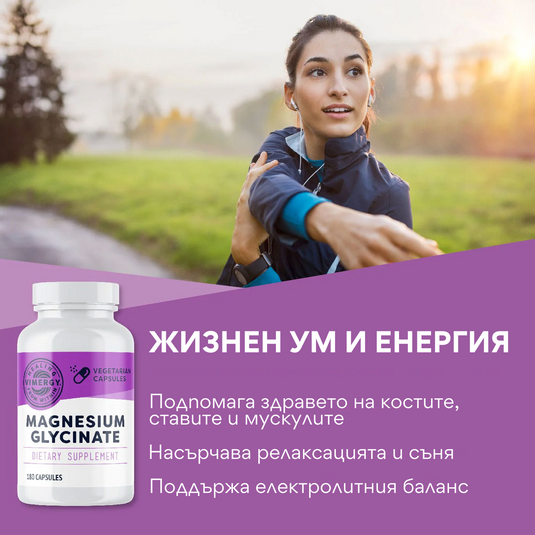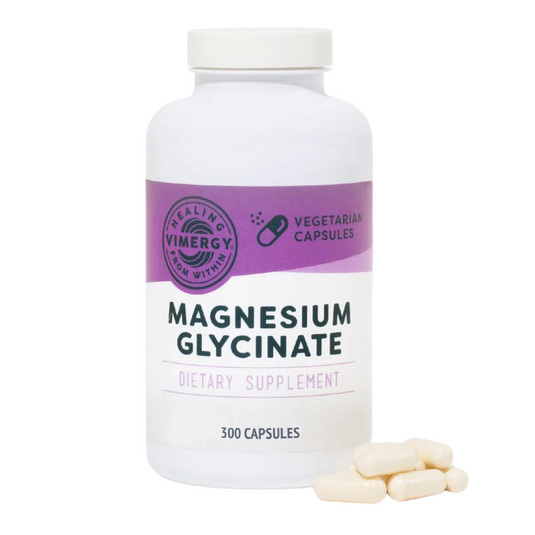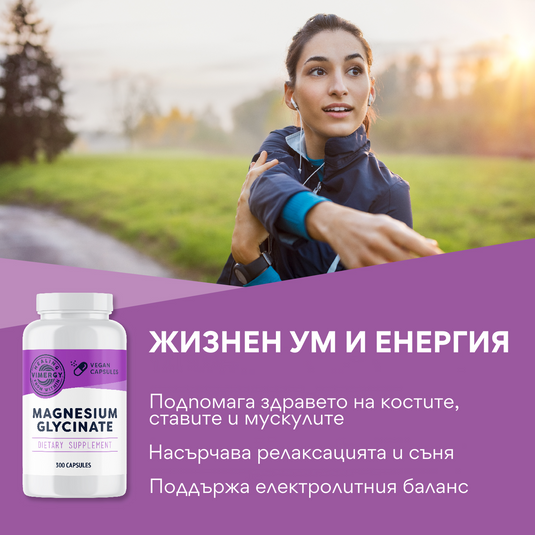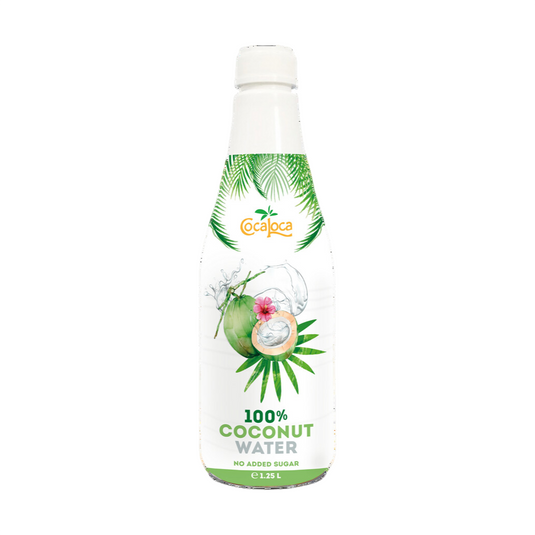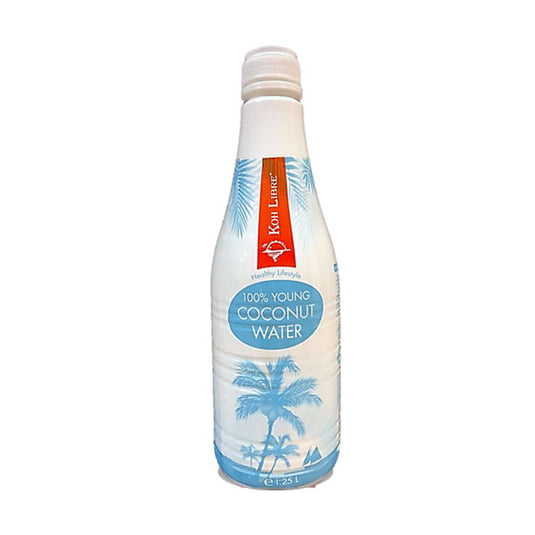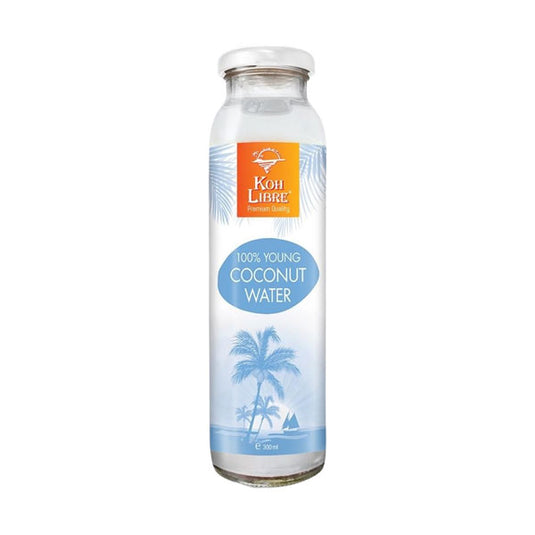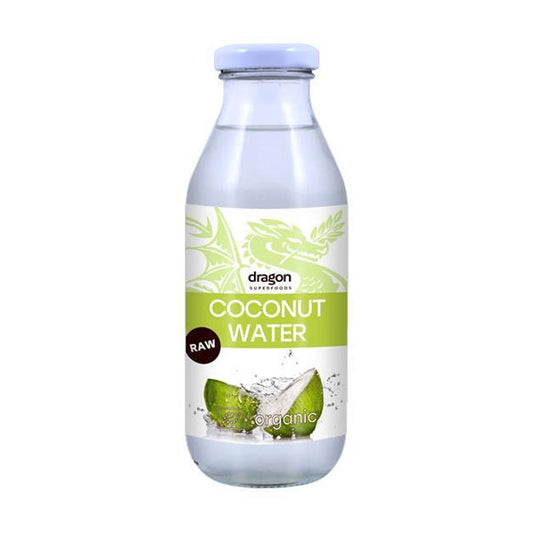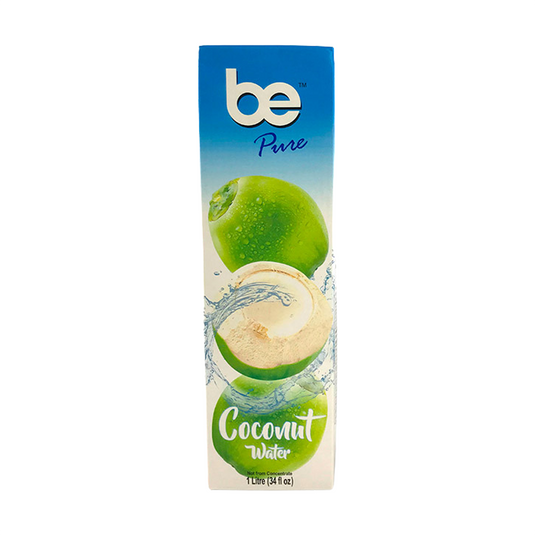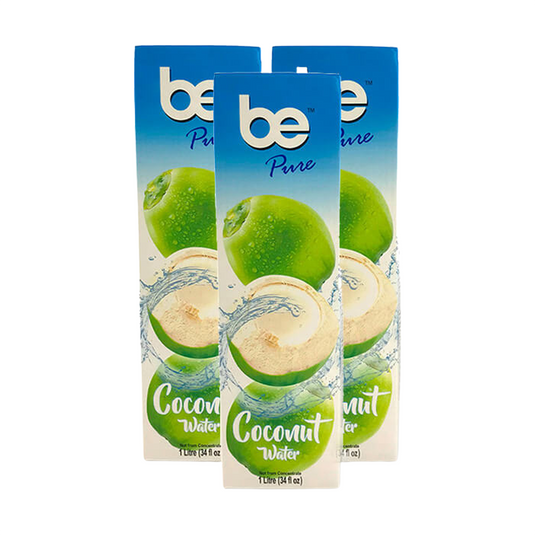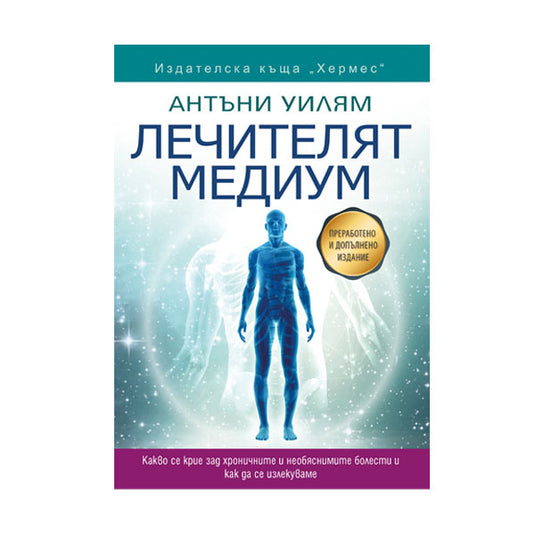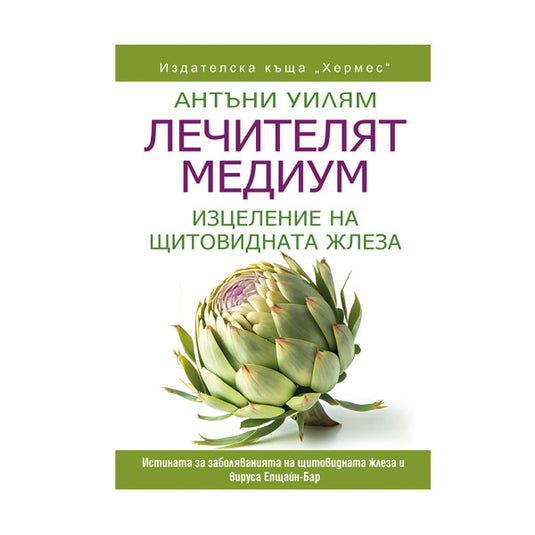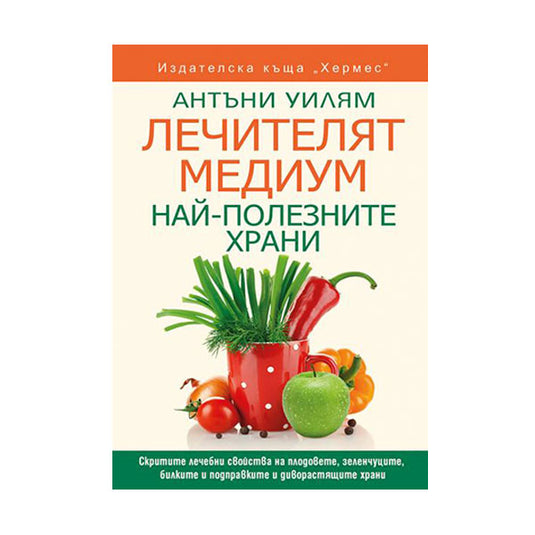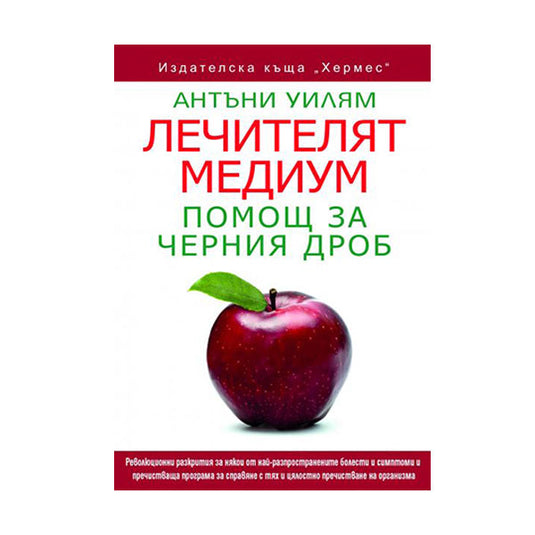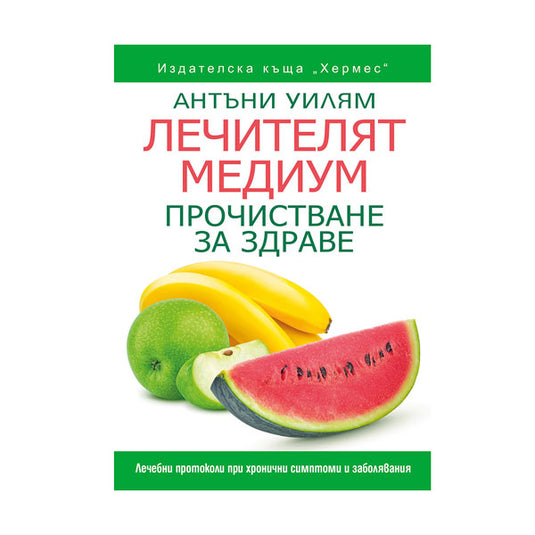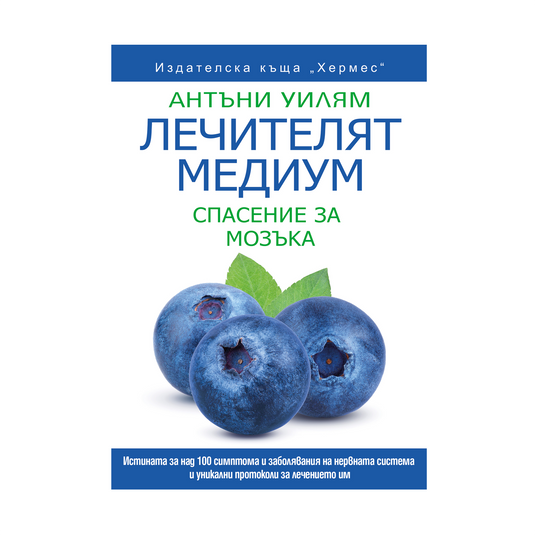Caffeine has been known since ancient times through various plant sources, but the way it is used today has a longer history. The addiction we have to caffeine is no longer just a ceremony, as it has been for hundreds of years around the world. Nowadays, we use it as a stimulant, simply to get through our daily lives, because people are not feeling well and are struggling with problems with focus and concentration, brain fog , fatigue , lack of energy, forgetfulness, drowsiness and physical discomfort. Now we use it to mask our daily symptoms. Of course, people who are feeling well also consume caffeine, but more and more people who suffer from chronic problems consume it to survive and get through their day.
The relationship between caffeinated products, such as coffee, matcha tea, chocolate, caffeinated tea, or energy drinks, and the person consuming them is not one-size-fits-all. Over time, caffeine can cause symptoms and conditions resulting from overworked adrenal glands and a weakened liver, which can include thinning hair, hair loss, nutrient deficiencies, accelerated aging, obesity , loss of libido, and more.
Fight or flight
"Fight or flight" is an innate reflex of the body; it is a hidden power and gift that protects your body in compromising or stressful situations. When you consume caffeine, it puts your adrenal glands in this fight or flight mode every day and can rob them of vitality. Caffeine becomes the false shepherd. When your adrenal glands are in constant fight or flight mode due to daily caffeine consumption, the brain becomes numb to what is happening, so when a real problem arises, your brain is likely to be slow to respond.
Hair thinning and hair loss
The number of women experiencing thinning hair and hair loss at a young age is increasing at an alarming rate. Unknown to medical research and science, caffeine can burn off a specific, vital, undiscovered hormone that the adrenal glands produce. This hormone helps keep hair follicles alive and acts as the glue that holds the hair on a woman’s head. Since the adrenal glands are kept in a constant fight-or-flight mode from caffeine consumption, this hormone begins to wane over time and can lead to weakening of the hair follicles, thinning hair, and eventual hair loss.
Caffeine and the liver
The liver has many jobs, one of which is to process and convert every nutrient that enters the body and use it. Caffeine can shock, stress, and weaken the liver , affecting its ability to process and convert nutrients properly, which can lead to nutrient deficiencies. When the body is in constant fight or flight mode, which can be triggered by caffeine, adrenaline is released and sucked directly into the liver, which can lead to cell damage and potentially weaken the liver's immune system.
Caffeine and aging
Many people are led to believe that caffeine-containing products, such as matcha tea, coffee, or chocolate, are healthy, anti-aging, and can even help a person live longer, leading to increased caffeine consumption. In fact, caffeinated products can accelerate aging, and this increased caffeine consumption is the reason some men and women start aging earlier in life.
One of the reasons caffeine can age the body is long-term, chronic dehydration . Coffee, matcha tea, caffeinated teas, and chocolate are diuretics that flush critically needed hydration from the living cells in the body, essentially depriving the cells of what they need. Caffeine is a toxin, a low-grade poison that prompts your body to want to get rid of it. Unfortunately, as your body tries to get rid of this toxin, it flushes the toxin along with important nutrients, trace elements, phytochemicals, critically needed enzymes, and antioxidants. In its attempt to flush out caffeine, your body has no choice but to flush out other important nutrients as well. This chronic dehydration and flushing out of important nutrients can lead to premature aging.
Caffeine withdrawal
As with any addictive substance, the process of quitting caffeine can be difficult and discouraging for many people. The neurons in the brain become saturated with caffeine and adrenaline from the body's constant "fight or flight" response, and when the caffeine and adrenaline leave the neurons, shock and emotional breakdown can occur.
When people use caffeinated beverages to help them make decisions, their brains and neurons stop doing their jobs on their own, making them sluggish and dependent. When the caffeine is removed, the neurons, neurotransmitters, and electrical impulses have to fire up the engine again and go from automatic mode back to manual. This change, and caffeine withdrawal, can cause misfiring in the brain and potentially trigger migraines, as well as other symptoms.
Addictive chemicals create a dependency in the emotional center of the brain that is unknown to research and science. Feel-good substances like coffee, caffeinated teas, and chocolate can create an emotional connection with that caffeine in the emotional center of the brain, making it even harder to quit. This connection can lead to heightened emotions when that substance is withdrawn.
Medicinal products
Giving up caffeine can be difficult for many people. The following remedies can help you recover from withdrawal more quickly and allow your brain to reboot on its own without caffeine and adrenaline.
Restoring neurotransmitters is an important step in treating caffeine withdrawal, and this is best done with the help of electrolytes. Including about 2 liters of coconut water per day for a week can benefit the brain and hydrate the body during caffeine withdrawal. Celery juice , the only complete electrolyte on the planet, would also be useful to include to help hydrate and restore neurotransmitters, bring back neurons, and safely wean you off caffeine. During withdrawal, it is best to consume half to one liter of celery juice twice a day for a week.
Micronutrients are the glue that allows communication between the different centers of the brain, which over time become depleted by caffeine consumption. Consuming more micronutrients will aid healing during caffeine withdrawal. Excellent sources of micronutrients include: Healer Medium's spinach soup , coconut water , celery juice , and Healer Medium's healing broth .
Glucose replenishes the depleted glycogen stores in the brain that caffeine-induced adrenaline burns up. Including more glucose in your diet is a powerful tool when you are quitting caffeine, and can restore neurons and electrical impulses in the brain. A great option is to eat two mangoes a day for a week or more. It can be helpful to have fresh or frozen mangoes on hand when planning your withdrawal.
Drinking a liter of lemon water twice a day for two weeks does wonders for hydration, which is crucial during caffeine withdrawal. Lemon water is also living water, which is a powerful tool for flushing out long-standing caffeine accumulated in tissues, organs, cells, and the brain.
Medicinal herbs and dietary supplements
During caffeine withdrawal, everything in the brain is trying to reset and find its place again. Melatonin can be a useful tool in calming neurons and electrical impulses as the brain tries to restore its proper balance.
Lemon balm calms and strengthens the central nervous system, helping with anxiety, depression, and nervousness that can occur when giving up caffeine and going through withdrawal. Over time, the central nervous system becomes dependent on caffeine, and lemon balm acts as a soothing salve, giving the nervous system a better chance of a smoother transition away from caffeine.
Muscles can become dependent on caffeine and adrenaline and contract when these substances are withdrawn. Magnesium glycinate helps with muscle cramps that often occur when caffeine withdrawal occurs.
See "Cleansing for Health" for additional support in treating addictions.
How to move forward
Taking control of your health is a multifaceted process, and it's hard when you're told something is good for you when it's not. Knowing the truth about caffeine can be a great start to taking control of your health.
You can read more on the topic in the article “Why Caffeine is a Problem Food” .
Watch Anthony William's video in which he makes tea from chaga and reishi mushrooms and talks about the healing properties of this drink, as well as the harmful effects of caffeine on our immune system: watch the video here .
